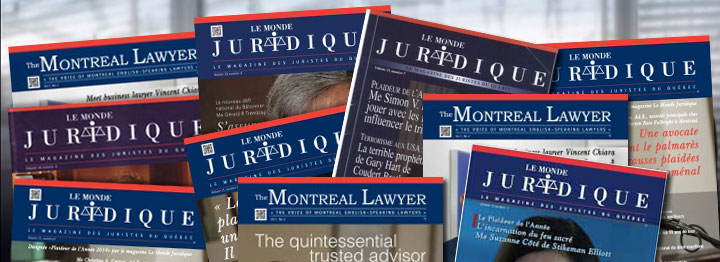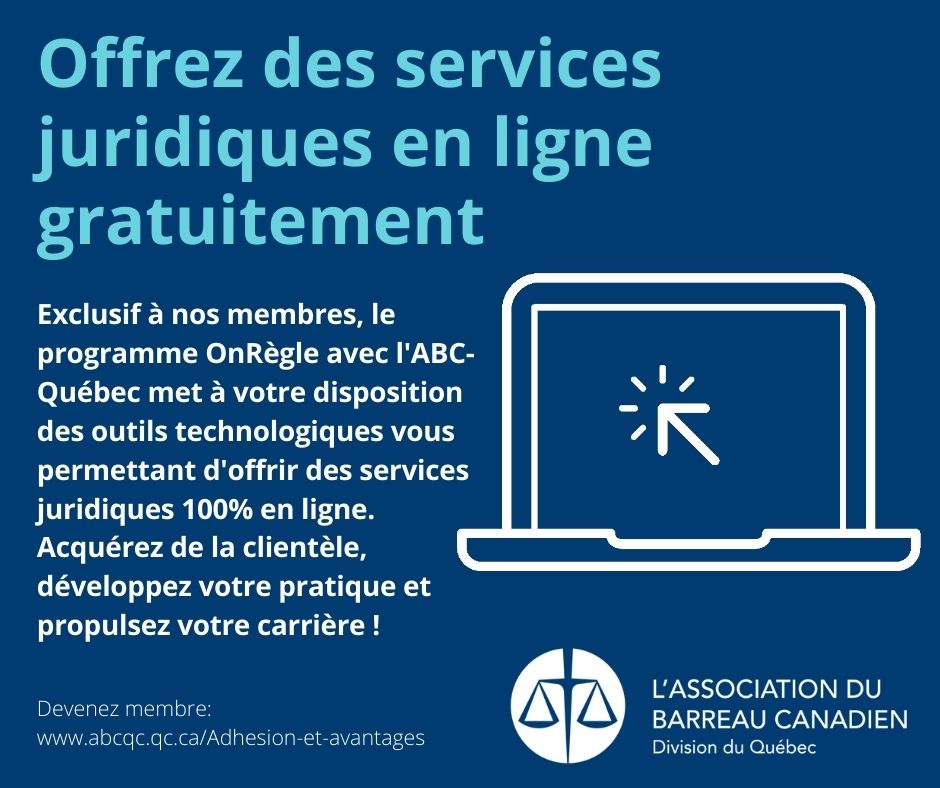Lawyers’ Committee for Civil Rights Under Law Responds to White House Decision to Terminate American Bar Association’s Role in Reviewing Judicial Nominees
Today, Kristen Clarke, president and executive director of the Lawyers’ Committee for Civil Rights Under Law issued the following statement in response to the White House decision to terminate the role of the American Bar Association in reviewing judicial nominees:
« The White House’s announcement signals plans to nominate federal judges outside the mainstream, unable to satisfy even the most basic standards of review. The American Bar Association includes more than 400,000 members representing every sector of the legal profession and their reviews of judicial nominees have been one key part of the judicial nomination process for virtually the last few decades. Americans should be deeply concerned by a President who has demonstrated disrespect for current sitting judges and a White House now ready to abandon long-standing traditions when it comes to filling vacancies on the courts. There are more than 125 vacancies across the federal court system and the public deserves nominees who can meet, at minimum, basic standards of fairness, professionalism and integrity. »
About the Lawyers’ Committee:
The Lawyers’ Committee for Civil Rights Under Law historically conducts reviews of Supreme Court nominees adhering to a long-standing practice of viewing nominees to determine whether their record demonstrates a profound commitment to the Constitution and to fair interpretation and application of federal civil rights laws.
The Lawyers’ Committee for Civil Rights Under Law (Lawyers’ Committee), a nonpartisan, nonprofit organization, was formed in 1963 at the request of President John F. Kennedy to involve the private bar in providing legal services to address racial discrimination. Formed over 50 years ago, we continue our quest of “Moving America Toward Justice.” The principal mission of the Lawyers’ Committee is to secure, through the rule of law, equal justice under law, particularly in the areas of fair housing and community development; employment; voting; education; environmental justice; and criminal justice. For more information about the Lawyers’ Committee, visit www.lawyerscommittee.org.












